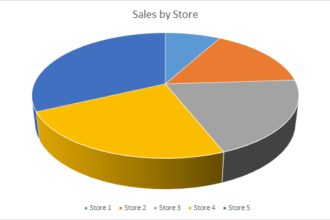You have to love the irony: Waldo Jaquith of the Virgina Quarterly Review discovered that Free: The Future of a Radical Price, the latest book by Wired Editor-in-chief Chris Anderson, contains “almost a dozen passages that are reproduced nearly verbatim from uncredited sources”–and that was without access to an electronic copy of the book, so he suspects there may be more. Most (though not all) of the plagiarism is from Wikipedia.
Having recently written a book, I can attest to the temptation to copy and paste from Wikipedia, much as I was tempted to copy from the encyclopedia for essays in grade school. In fact, Wikipedia explicitly permits reuse of its content–but only with proper attribution and in conformance with Wikipedia’s Creative Commons Attribution/Share-Alike License or the GNU Free Documentation License. Evidently the book will be available for free online, so perhaps Anderson is in time to clean up the text through appropriate citation. Still, as commenter MrInBetween pointed out on Gawker, “Can’t decide which is more embarrassing — failing to cite wikipedia as a source or using wikipedia as a source.” Perhaps …
You have to love the irony: Waldo Jaquith of the Virgina Quarterly Review discovered that Free: The Future of a Radical Price, the latest book by Wired Editor-in-chief Chris Anderson, contains “almost a dozen passages that are reproduced nearly verbatim from uncredited sources”–and that was without access to an electronic copy of the book, so he suspects there may be more. Most (though not all) of the plagiarism is from Wikipedia.
Having recently written a book, I can attest to the temptation to copy and paste from Wikipedia, much as I was tempted to copy from the encyclopedia for essays in grade school. In fact, Wikipedia explicitly permits reuse of its content–but only with proper attribution and in conformance with Wikipedia’s Creative Commons Attribution/Share-Alike License or the GNU Free Documentation License. Evidently the book will be available for free online, so perhaps Anderson is in time to clean up the text through appropriate citation. Still, as commenter MrInBetween pointed out on Gawker, “Can’t decide which is more embarrassing — failing to cite wikipedia as a source or using wikipedia as a source.” Perhaps I’m old-school, but I feel that books should cite original sources, not encyclopedias.
In any case, the deeper irony is that the “radical” model Anderson advocates is at least partly responsible for encouraging an economy where it’s easier to profit from other people’s content than from your own. Splogs scrape legitimate blogs, copying their content in order to attract search traffic and generate ad revenue. Sites like the Huffington Post have pushed (or simply shredded) the envelope of fair use by excerpting others’ stories and employing SEO in order to leech their traffic. Radical or not, free can get pretty ugly.
It may not have been his intention, but Anderson has helped uncover a subtext of his advocacy: in a world where the only acceptable price for content is free, there’s a risk that respect for the value of content will correlate to its price.






